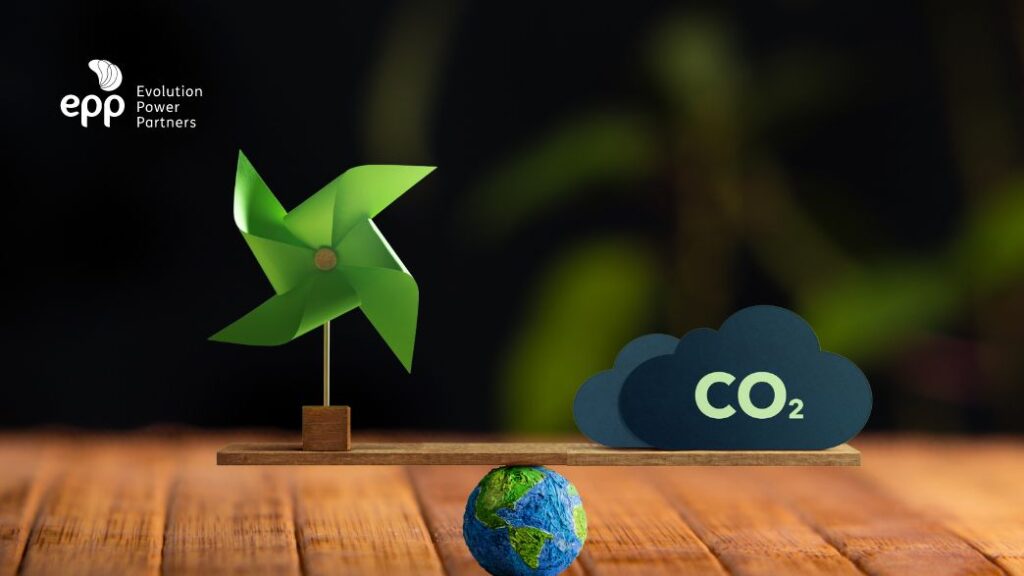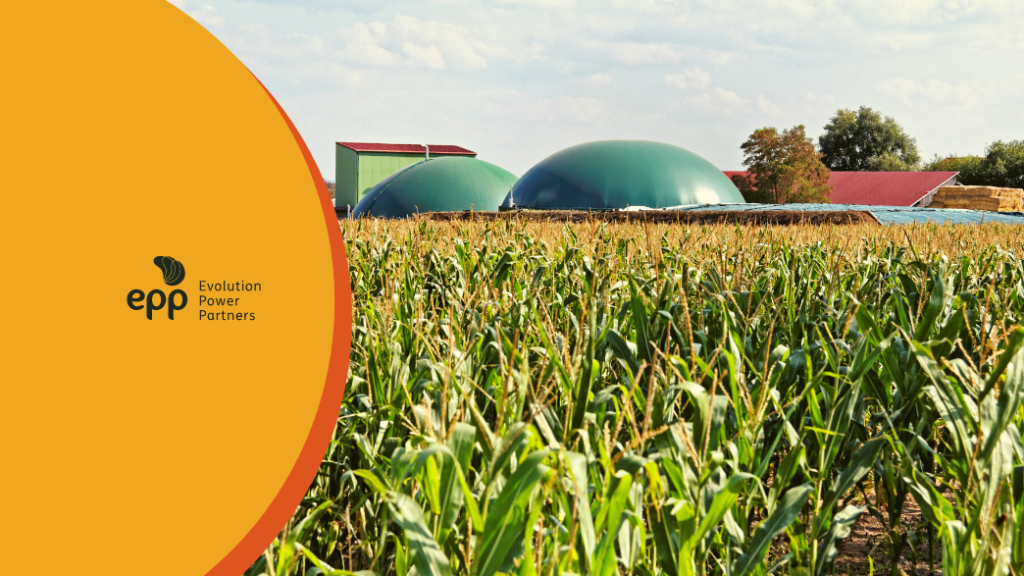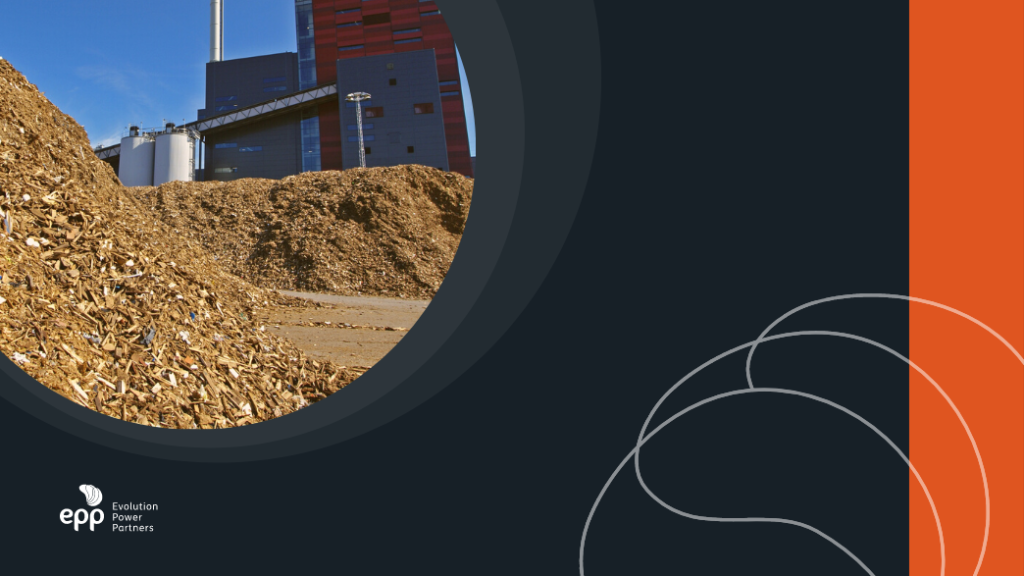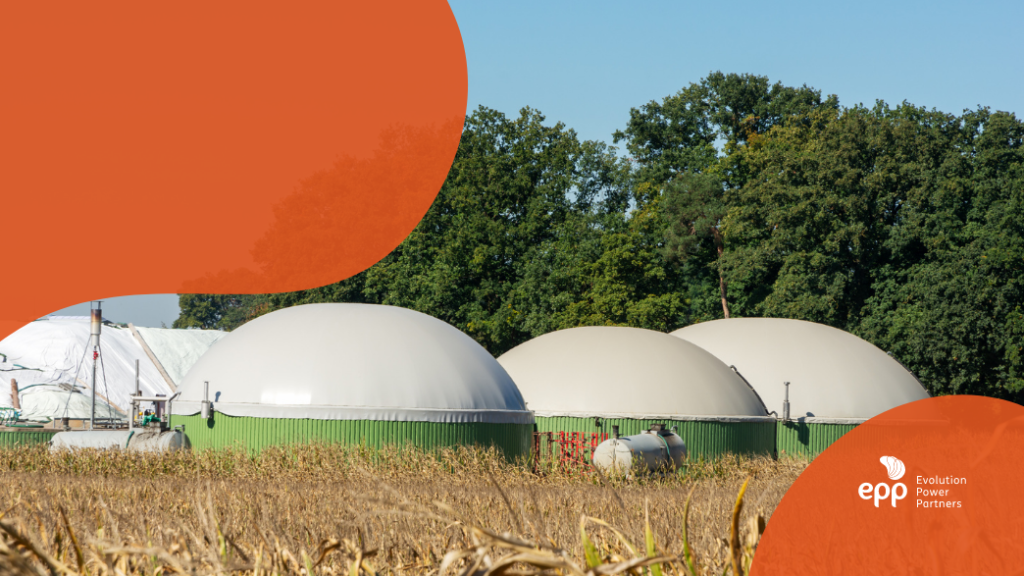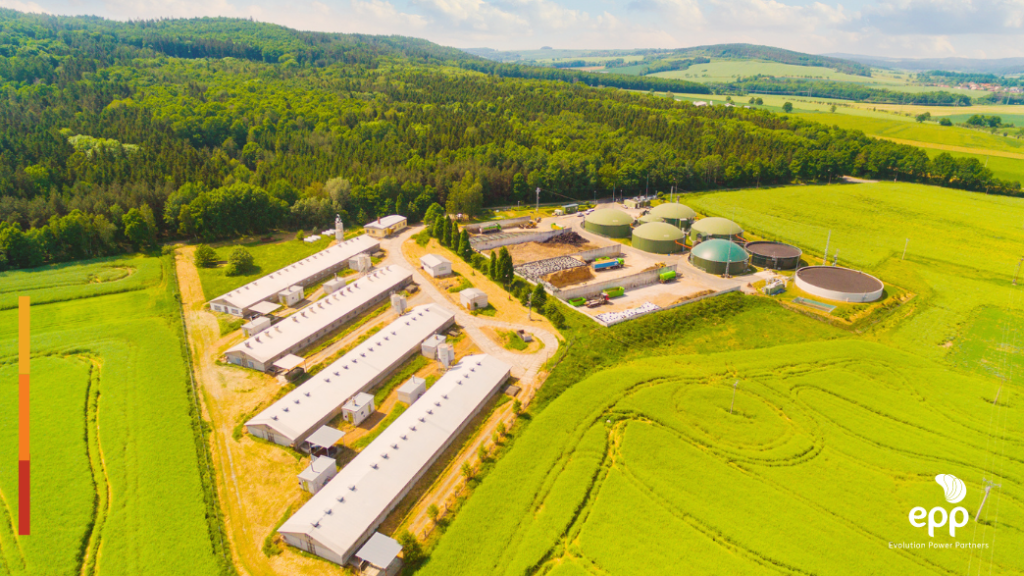Part of the large Brazilian companies have already understood the importance and relevance of ESG goals within organizations. Increasingly, environmental, social and governance issues become priorities with internal changes and even compensation programs for executives linked to the achievement of goals.
The latest report by the Intergovernmental Panel on Climate Change (IPCC) states that the mitigation measures needed to tackle climate change are urgent.
The IPCC is a UN climate advisory body and was created in 1988 by the United Nations Environment Program and the World Meteorological Organization. Its objective is to monitor and disseminate relevant research related to climate change.
The low carbon economy is a project that proposes actions with the objective of reducing the impacts of the generation of Greenhouse Gases (GHGs) on the environment. By encouraging a low carbon economy, countries are able to develop the economy, generate employment and invest in sustainability.
The Federal Government launched, in March 2022, <a href="https://www.gov.br/mma/pt-br/assuntos/climaozoniodesertificacao/MinutaProgramaMetanoZero.pdf" target="_blank" rel="noopener">the zero methane program</a>. The objective of the project is to stimulate the transformation of gas, which is harmful to the greenhouse effect, into biofuel with financing from public banks.
At a time of energy transition, the power of biomass stands out and gains strength as an alternative and viable energy source to expand on Brazilian soil. With the water crisis and consequently the energy crisis that the country has been experiencing since 2021, clean and renewable sources gain relevance in the development scenario.
Is it possible to develop biogas in agriculture? In recent years, the agricultural sector has been one of the main drivers of economic growth in Brazil. Following this development, the energy sector has seen in this market a way of generating energy and achieving sustainability goals, such as those agreed at COP26.
